Repairing Defects in Investment Castings
Author: SAIVS Date Published: Feb 02,2026
Introduction
Investment Casting, despite its precision, is not immune to defects such as porosity, shrinkage, cracks, and inclusions. These defects can significantly impact the quality and performance of the final product. This article will delve into common repair techniques for investment castings, focusing on the widely used methods of epoxy resin repair and welding.
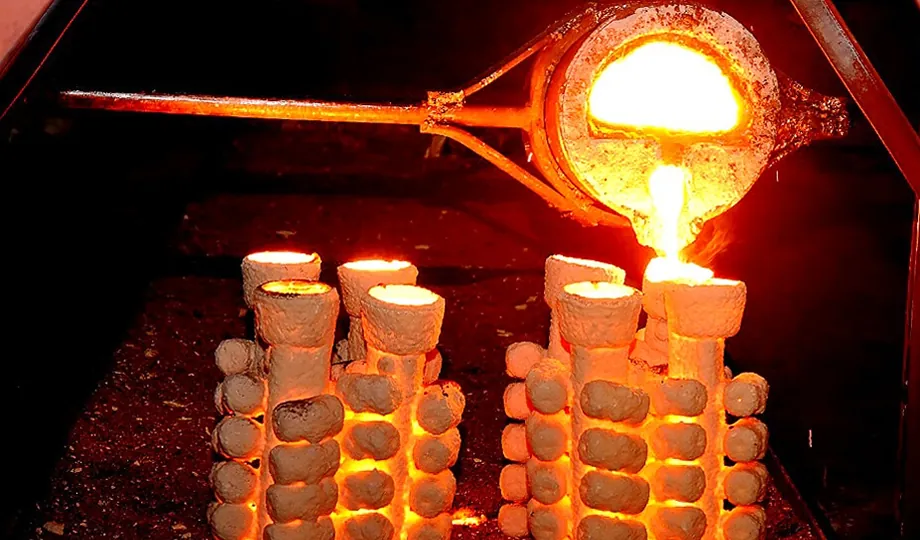
Common Defects in Investment Castings
Porosity: Caused by trapped gases during solidification.
Shrinkage: Occurs due to volumetric contraction during cooling.
Cracks: Result from thermal stresses or inadequate mechanical properties.
Inclusions: Foreign matter embedded in the casting.
Repair Techniques
Epoxy Resin Repair:
Process: Applying a specialized epoxy resin to fill defects.
Advantages: Easy to apply, low cost, minimal equipment required.
Disadvantages: Limited strength, susceptible to temperature variations.
Applications: Small defects, cosmetic repairs.
Welding Repair:
Process: Using a welding torch to melt filler metal into the defect.
Advantages: Strong, durable repairs.
Disadvantages: Requires skilled operators, potential for distortion, risk of introducing new defects.
Types of welding: Arc welding, TIG welding.
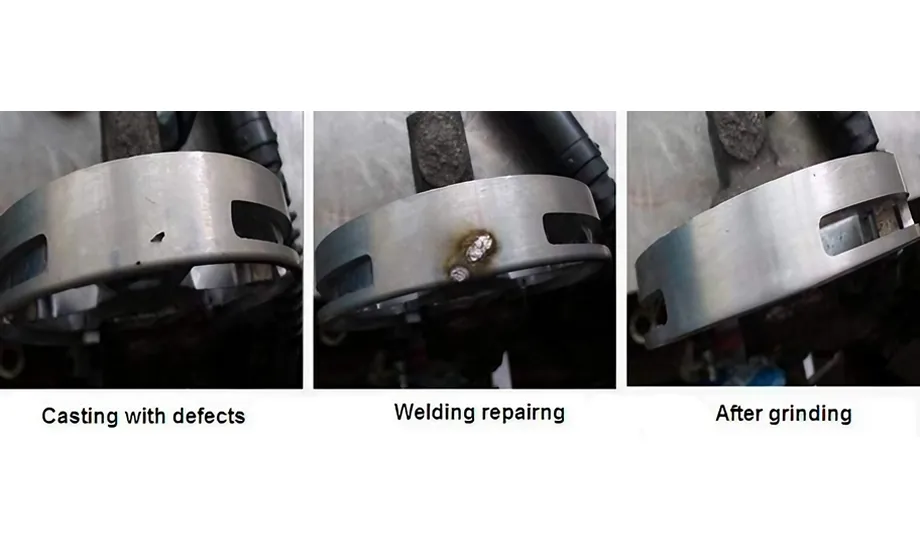
Defect Detection
Penetrant Testing (PT): Detects surface-breaking defects.
Ultrasonic Testing (UT): Detects both surface and subsurface defects.
Preventive Measures
Process Optimization: Fine-tuning casting parameters such as pouring temperature, Mold design, and cooling rate.
Material Quality: Ensuring high-quality raw materials.
Inspection: Implementing rigorous Quality Control measures.
Conclusion
Repairing defects in investment castings is a common practice in the manufacturing industry. The choice of repair technique depends on various factors, including the type of defect, the required level of repair, and the Material Properties of the casting. While epoxy resin repairs are suitable for minor cosmetic defects, welding is often preferred for structural repairs. Preventive measures, such as process optimization and quality control, are essential to minimize the occurrence of defects in the first place.
Why Choose SAIVS™ as Your Supplier?
1.Superb Quality Control Management
At SAIVS, we take pride in our perfect quality management systems and procedures, which guarantees the excellent performance of all our producs, being a professional Investment Casting | Die Casting| Sand Castingmanufacturer in China.
2.Rich Production Experience
With 20 years of experience in production, SAIVS has a deep understanding of the market and trends, and strives for continuous research and innovation. This has created advantages in both the product's performance and appearance.
3.Competitive Prices
As a Chinese factory committed to becoming the most cost-effective Investment Casting | Die Casting| Sand Castingexporter in China, SAIVS provides high-quality products at advantageous prices. By lowering costs and increasing efficiency, we ensure that our customers receive the best possible value for their investment.
4.Perfect After-sales Service
At SAIVS, we strive to provide superior customer service that meets and exceeds expectations. We are always available for any questions or concerns you may have, and we stand by our commitment to providing excellent after-sales support.
Related Posts
-
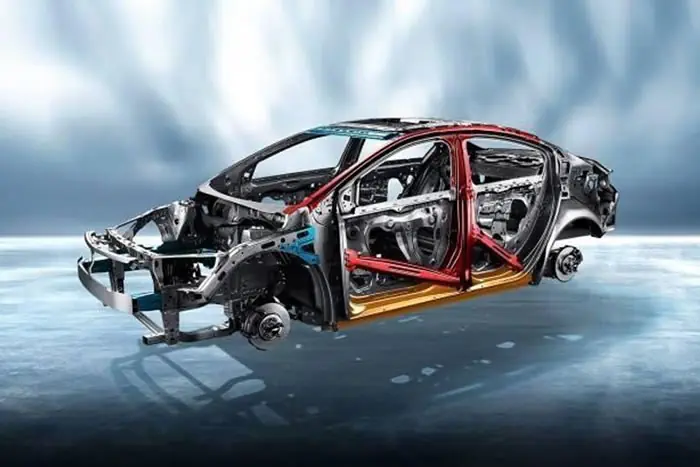
Aluminum Alloy Casting Automotive Die Casting Parts China Manufacture
Application of Aluminum Alloy Casting in the Automotive IndustryAluminum alloy casting has become a cornerstone in modern automobile manufacturing due to i
-
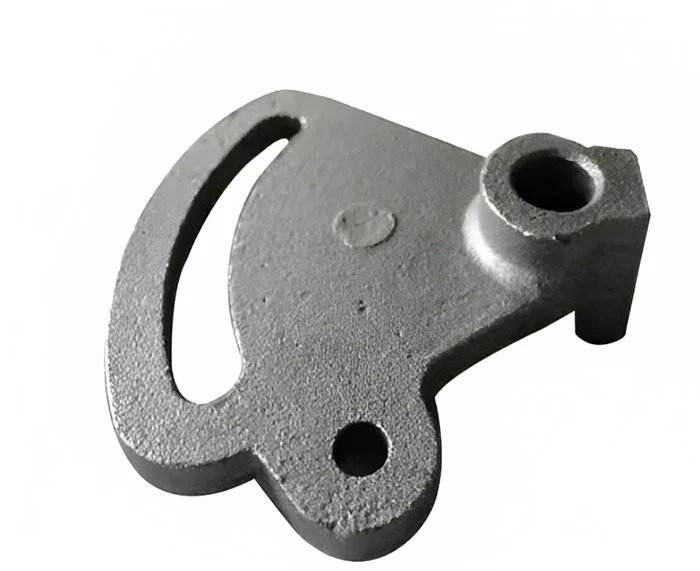
The Importance of Agricultural Machinery Parts
Agricultural machinery parts are essential components used in various types of agricultural machinery to ensure their proper functioning and efficiency. The fa...
-
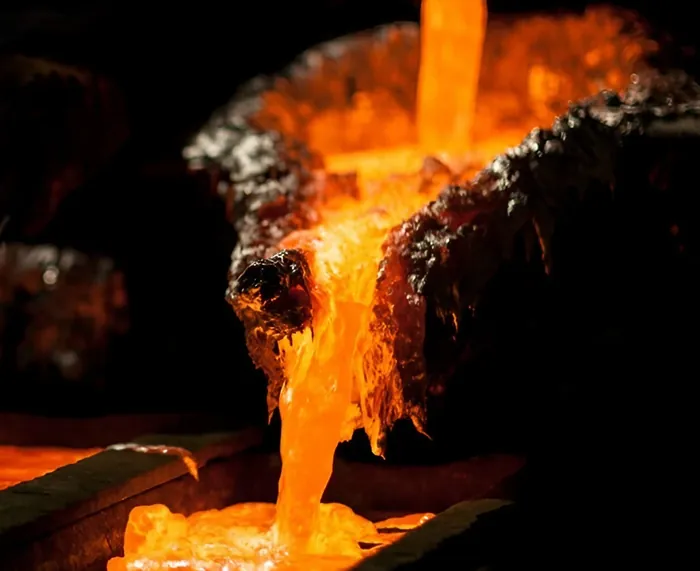
How to Reduce Aluminum Casting Costs
Discover how to reduce costs in aluminum casting with this comprehensive guide. Learn about design for manufacturability, alloy selection, process optimization,...
-
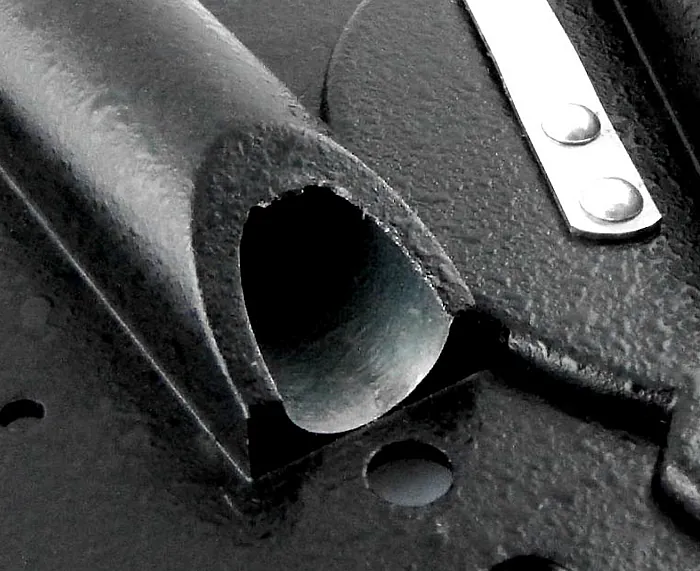
Network Burrs in Aluminum Alloy Die Casting
Learn how optimizing die design, controlling temperatures, adjusting fill speeds, and improving cooling systems can enhance casting quality and production effic...
-
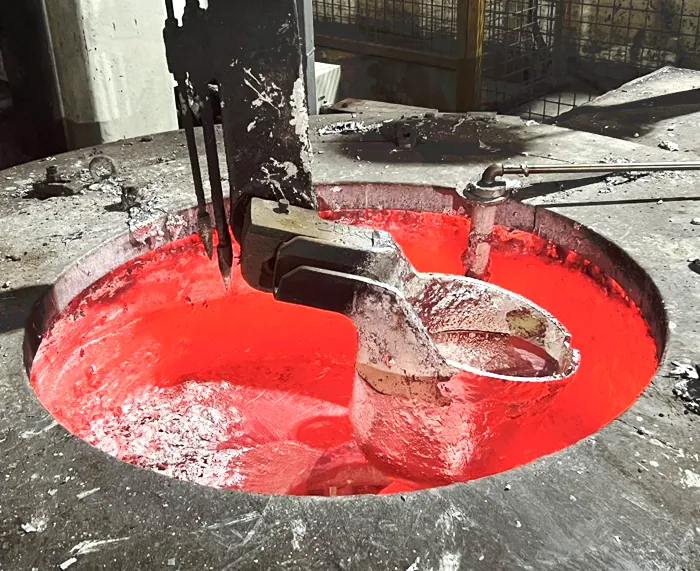
Porosity Issues in Aluminum Die Castings: Formation, Types, Effects, and Solutions
This article aims to provide a comprehensive overview of porosity issues in aluminum die castings.
-
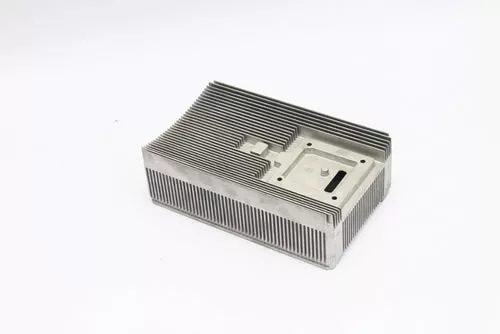
Die Casting Die for Automotive
I hope it will be helpful to you for the manufacturing process and technical requirements of automobile die casting dies.Automotive industry is one of the most ...

